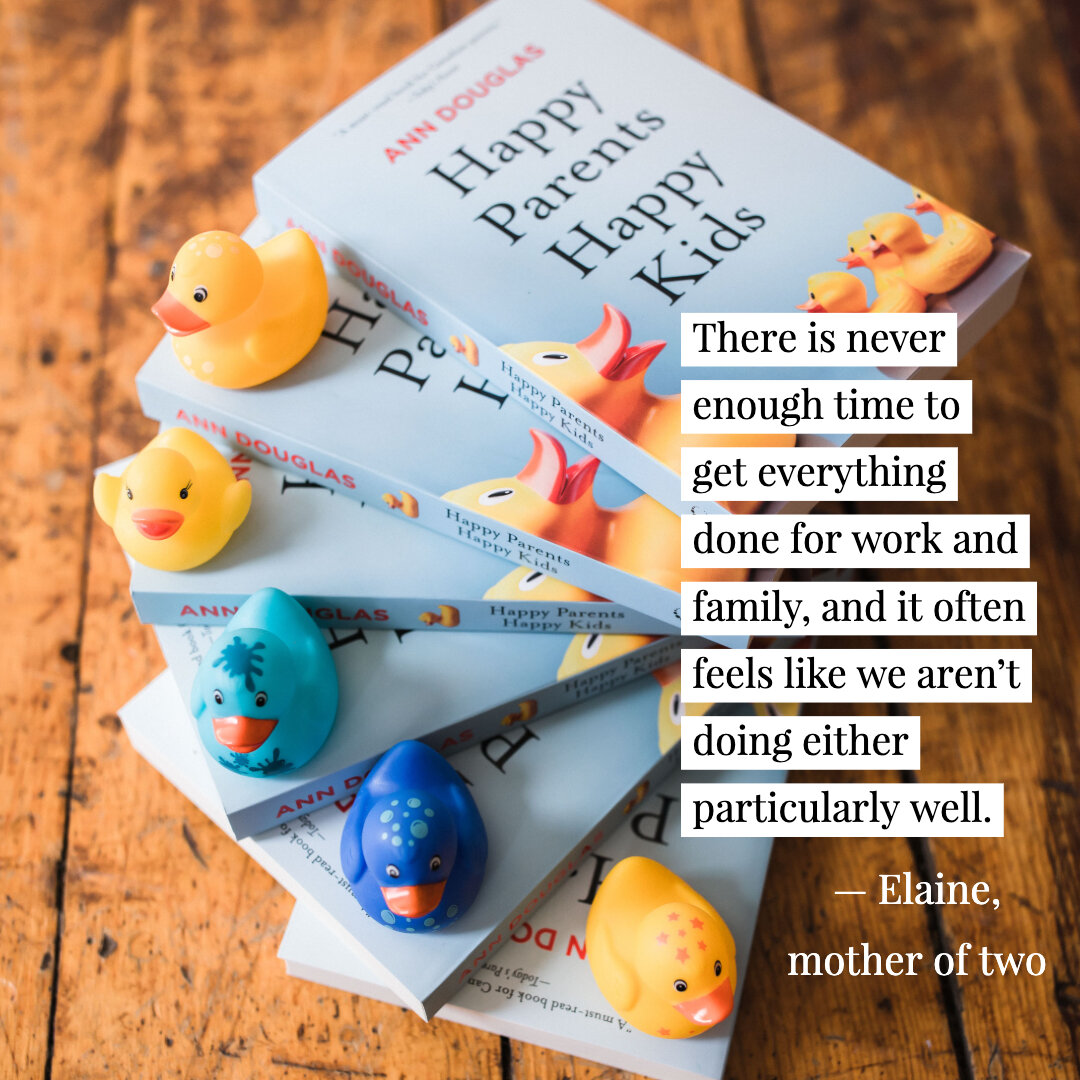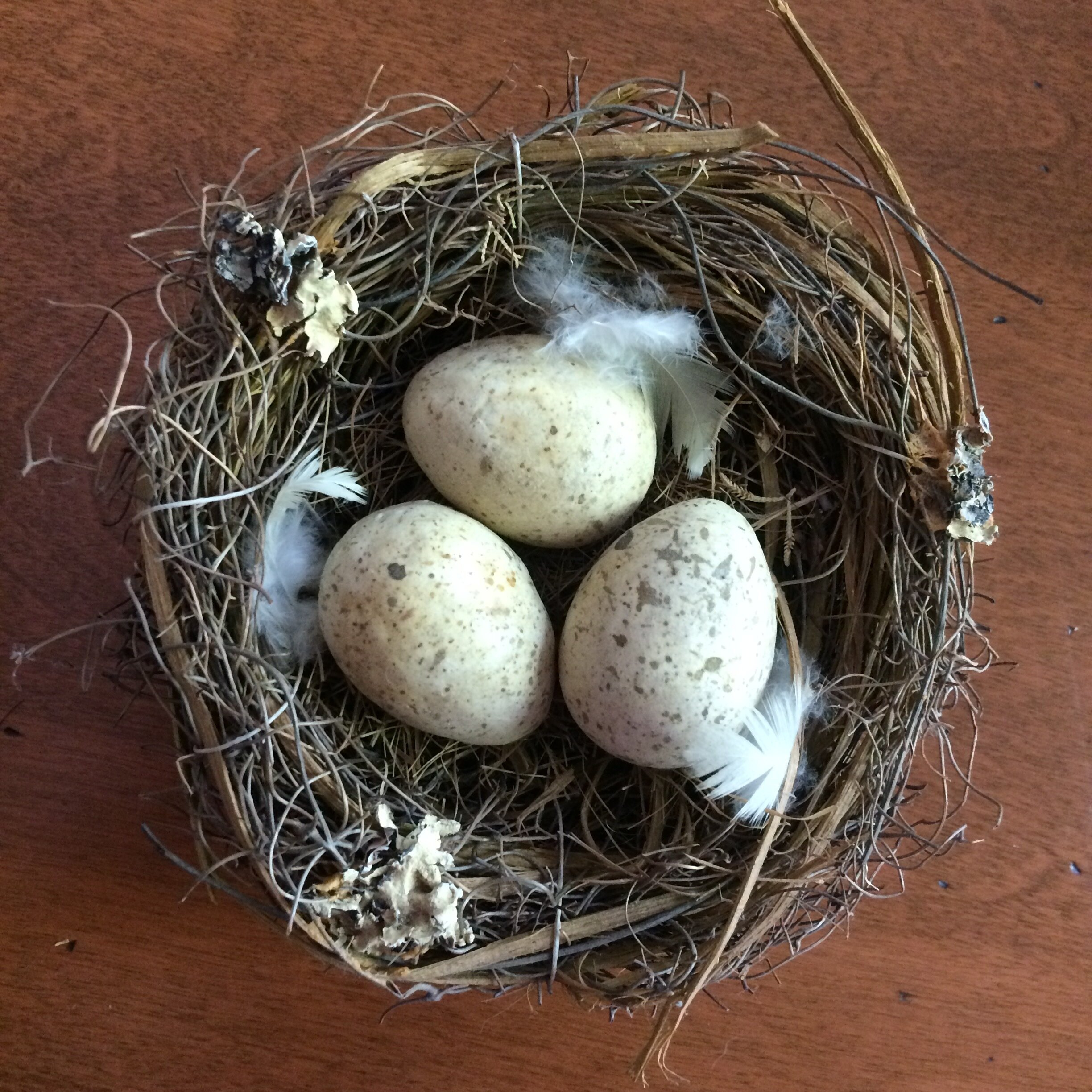What most of us are finding really challenging right now is the uncertainty—not knowing exactly how things are going to play out once school starts. Sure, we can figure out what options are available to our kids and research all the policies and procedures that are being put in place right now to keep them safe, but that doesn’t change the fact that the COVID-19 situation is constantly evolving. No one knows for certain what the situation will look like even a few weeks from now, so we’re having to anticipate and plan for all kinds of different scenarios. Mentally cycling through all those “what ifs” can be exhausting.
And, on top of all that generalized worry, parents and kids are dealing with a lot of more specific worries and concerns. Will the safety measures being put in place at the school, school board, or provincial level be enough to keep everyone safe—both within the school and in the broader community? What will school look like or feel like this year? How easy or how difficult will it be for my child to adjust to the new rules of being at school? There’s a lot to worry about, in other words.
Recognize when you’re spinning your worry wheels in unproductive worry—a.k.a. engaging in what psychologists refer to as “rumination.”
A crucial first step in helping your child to manage their anxiety is recognizing and managing your own. (“Calm yourself; calm your child.”) Of course, this is much easier said than done—a fact I can attest to as someone who has struggled with anxiety for a very long time. But it is possible to learn some strategies for hitting the brakes on your anxiety.
One key strategy is to avoid what psychologists refer to as “rumination” (which basically means engaging in unproductive worry). Here’s how it works. Either you allow your brain to keep cycling through an endless loop of worry or—worse—you join forces with another person (a rumination buddy!) and the two of you end up fuelling one another’s worries. While it can feel like you’re doing something productive, worrying just for the sake of worrying is actually counterproductive. It leaves you feeling more anxious, not less—and it doesn’t do anything to solve the underlying problem.
The secret to sidestepping rumination is to notice when it’s happening and to make a conscious decision to focus your attention on something else—perhaps a different worry where you actually have an opportunity to take action to solve the problem, instead of just endlessly spinning your worry wheels.
Resist the temptation to endlessly second guess the tough back-to-school decisions you’re being asked to make.
It’s important to find a way to make peace with whatever decisions you’re being asked to make about your child’s schooling this year, whether you’re being asked to make those decisions right now or down the road.
In most cases, you’re going to find yourself being asked to choose between a couple of less-than-ideal options. That’s because we’re currently living in a less-than-ideal world: a world where a global pandemic is still raging out of control.
The way to make peace with the whole situation is to feel as comfortable as possible with the process you used to make your decision. Your goal is to be able to say to yourself, “I made the best decision I could with the information I had at the time” as opposed to endlessly second-guessing yourself.
And, at the end of the day, that’s all any of us can really ask of ourselves, right?
Help your children to manage their own back-to-school worries.
Most kids are dealing with two different categories of worries as they gear up for the new school year: worries about a particular situation and more generalized worries that stem from all the uncertainty surrounding the return to school this year.
To help kids to deal with specific worries, it can be helpful to encourage a child to identify the underlying issue or concern (“What if I lose my mask?”) and to then help the child to brainstorm possible ways of dealing with that issue (“What might you do in that situation? Who could you turn to for help?”)
To help kids to deal with more generalized anxiety about not knowing what to expect at school this year, it can be helpful to validate and normalize the worry. (“It makes sense that you’re feeling a little anxious. This situation is new for all of us. Everyone’s feeling a little worried”).
Your child might feel less anxious if you help them to focus on what is known (as opposed to what isn’t known) about the return to school. You might share information about classroom seating plans or hygiene routines or remote learning plans or whatever other types of information you’ve obtained from the school.
It can also be helpful to give kids the opportunity to work on their develop flexible-thinking skills (which means their ability to adjust to a changing situation in real time). Depending on your child’s age and abilities, you might want to give them a chance to practice this skill in a fun and non-threatening way (say changing a key rule in a board game halfway through the game, like moving around the board in the opposite direction; or making some small tweaks to your family’s day-to-day routine, like having breakfast for dinner one night). It can also be helpful to talk about flexible-thinking skills: to get kids thinking about thinking!
Know how to spot the warning signs that a child is really struggling and might benefit from some added support.
There’s a world of difference between garden-variety anxiety (which all of us are feeling) and a much heightened level of anxiety that could indicate that your child is really struggling.
So how do you go about deciding when or how much to worry?
By being tuned into what your child is trying to tell you—both through their words and their behaviour. Remind yourself that behaviour is communication (an angry outburst can mean “I’m really, really anxious”) and also be alert to any physical symptoms that could be associated with stress: say headaches or stomachaches, for example.
By being on the lookout for changes to your child’s behaviour—eating habits, sleeping habits, activity level, energy level and mood.
By considering whether your child’s anxiety level is starting to interfere with their ability to function or their overall enjoyment of life. What is your gut instinct telling you about the severity of the situation, given everything you have come to know about your child?
If you decide that your child would benefit from some outside help, the good news is that schools, child and youth mental health services, and other people who care about the wellbeing of children, youth, and their parents are aware that everyone’s anxiety levels are extra high and they’re offering a lot of additional supports for families. You don’t have to handle this on your own and neither does your child. You can tap into some of that support.
Recognize that there are still some things within your control (even though it might not feel that way).
Yes, the situation this year is really, really tough, but the situation isn’t completely out of your control. There are things you can do to help yourself and your kids to feel happier and calmer even if your family's back-to-school worries aren’t about to disappear anytime soon.
You can make sure everyone’s getting enough sleep (because being sleep-deprived can actually cause you to feel more anxious).
You can focus your attention in ways that work for, not against, you. It could be a matter of making a conscious decision to dig yourself out of a worry rut (like telling yourself, “I’ve thought about that worry long enough. Now I’m going to focus my attention on this other activity” (ideally a thoroughly engaging and enjoyable activity that requires a lot of concentration so that you can actually enjoy a mini-vacation from the worry.
You can remind yourself be extra kind to yourself and other people. Change is hard and we’re going to be dealing with a lot of extra change this particular back-to-school season, as we figure out the new rules of heading back to school. Relationships are what are going to carry us through this strange and uncertain time. So this year, think “reading, writing, ‘rithmatic, and relationships,” with “relationships” being the most important “R” of all.
This blog post was based on my most recent parenting column for CBC Radio.
Ann Douglas sparks conversations that matter about parenting and mental health. She is the weekend parenting columnist for CBC Radio and a bestselling parenting book author. Ann is the creator of The Mother of All Book series and the author, most recently, of Happy Parents, Happy Kids and Parenting Through the Storm. A passionate and inspiring speaker, Ann delivers keynote addresses and leads small-group workshops at health, parenting, and education conferences across the country.





